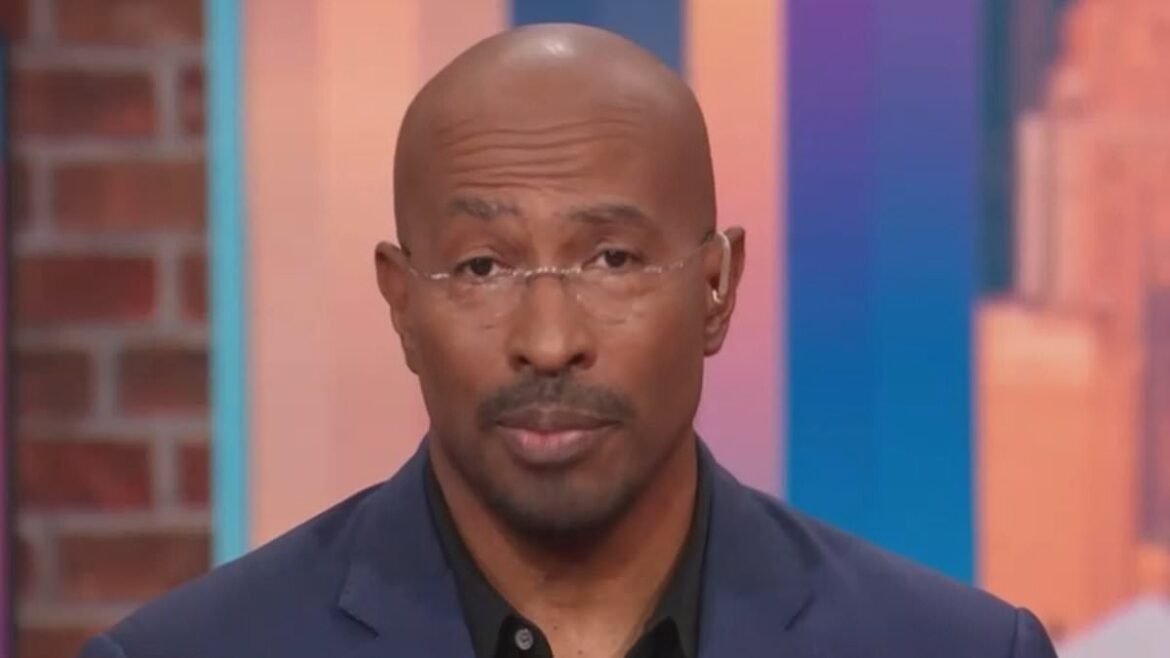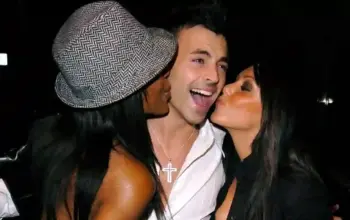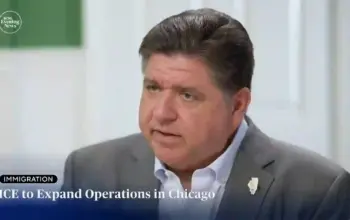Once allies in the political world, CNN commentator and former Obama advisor Van Jones has publicly criticized RFK Jr., calling some of his beliefs “very sad and scary.”
The remarks mark a clear split from their former friendship and come amid growing controversy over RFK Jr.’s stance on vaccines.
Jones, 56, spoke candidly during CNN’s Table For Five on Saturday, taking aim at the Make America Healthy Again (MAHA) leader while reflecting on their personal history.
Trump’s Political Dilemma and Vaccine Controversy
The discussion was sparked by CNN anchor Abby Phillip referencing a recent Wall Street Journal article.
It claimed that former President Trump considers the Covid-19 vaccine rollout one of his major achievements—but couldn’t publicly tout it due to his political alliance with RFK Jr.
RFK Jr. has long expressed skepticism about vaccinations, once claiming links between vaccines and autism.
Phillip noted, “Trump is not able to speak about the coronavirus vaccine rollout because he made a political bargain with RFK Jr. and the MAHA movement.”
Jones responded with concern: “I think this is very sad and very scary.
I know Bobby Kennedy—he endorsed my first book, I’m close to the Kennedy family—but I’ve been increasingly disappointed in the way that he has conducted himself.”
Defending Science Amid Political Attacks
Jones didn’t stop with RFK Jr.; he also condemned Republicans who have criticized pandemic responses in liberal states, especially around lockdowns.
“Science is not perfect, and public policy is not perfect,” Jones explained.
“Any of us who have served in government know—you make mistakes, you don’t get it right. People were scared during that pandemic.
There were bodies lying on the streets in New York, people were filling up freezers with human bodies.”
He acknowledged the overreactions that caused harm, particularly to children, but emphasized that these missteps were human, not political:
“There was an overreaction, and it did wind up hurting a lot of kids. But that’s not political.
That’s not liberals trying to ruin America. People make mistakes. I wish progressives would come forward and acknowledge that.
But to turn around and say because mistakes were made, everything is political—that’s a mistake.”
A Shift From Previous Support
Interestingly, Van Jones had defended RFK Jr. as recently as November 2024.
At the time, he urged others not to dismiss RFK Jr. outright, saying: “I think that the mistake we make is ‘here comes RFK Jr. on the nutty train’ and all we do is throw rocks at him… as Democrats, we should go after evidence if there’s corporate capture, not just attack him.”
In December, he also criticized Democrats for alienating figures like RFK Jr., warning that pushing people away from the party only strengthens opposition narratives.
RFK Jr.’s Controversial Health Claims
Tensions escalated after RFK Jr. made headlines with a claim that he can detect children’s “mitochondrial challenges and inflammation” just by observing them in public.
During the signing of the MAHA bill with Texas Governor Greg Abbott, he explained, “I see these kids that are just overburdened with mitochondrial challenges, inflammation.
You can tell it from their faces, from their body movement, and from their lack of social connection.”
The remarks provoked immediate backlash online, particularly from medical experts who challenged his claims.
The controversy follows a broader shake-up at the Department of Health and Human Services, including the departure of top health officials.
Public Reaction and Ongoing Debate
Van Jones’ break with RFK Jr. highlights the deepening divide over public health, politics, and personal beliefs.
As the debate continues, both supporters and critics are weighing in, reflecting the heated national conversation around vaccines, policy decisions, and leadership credibility.



